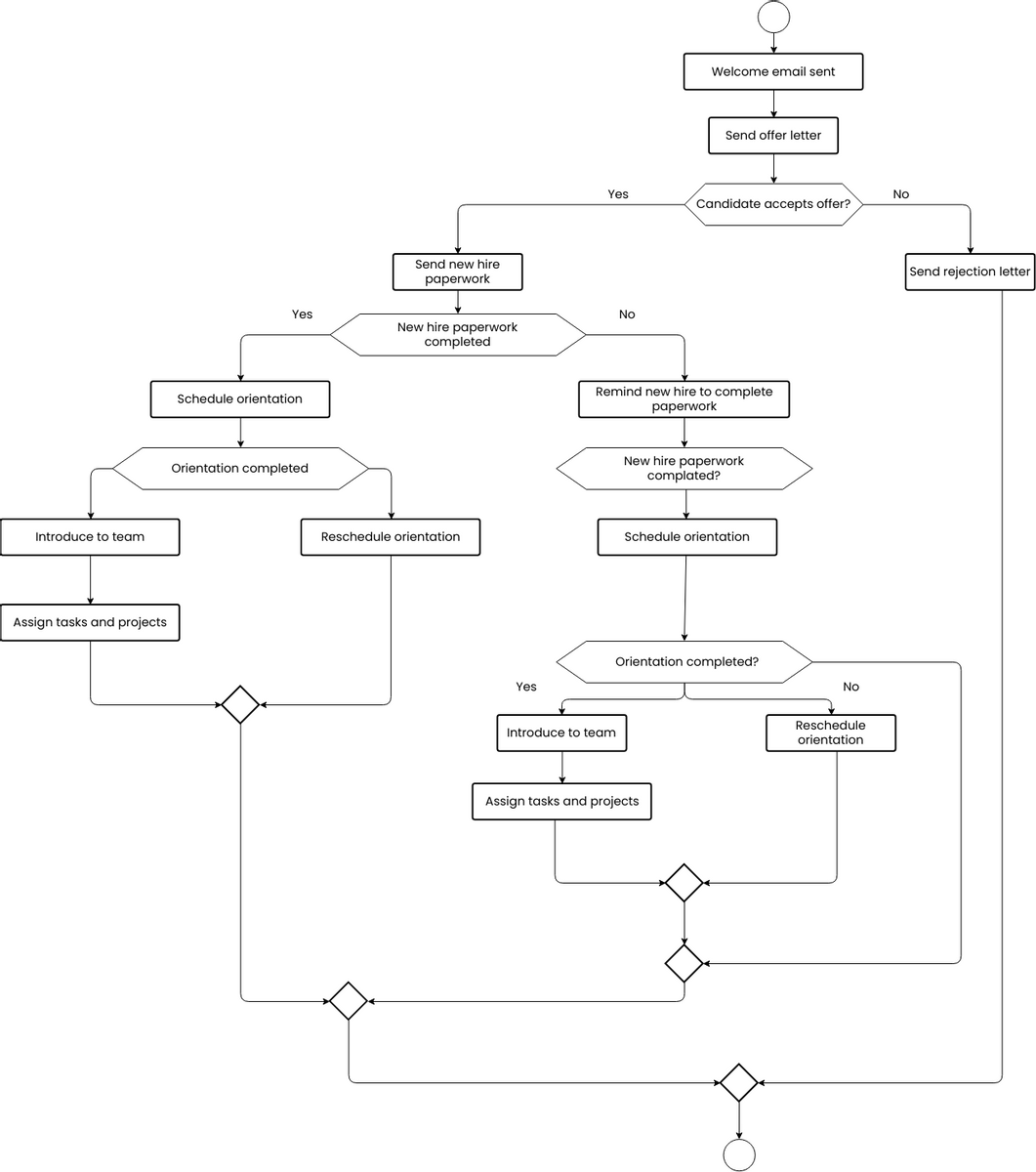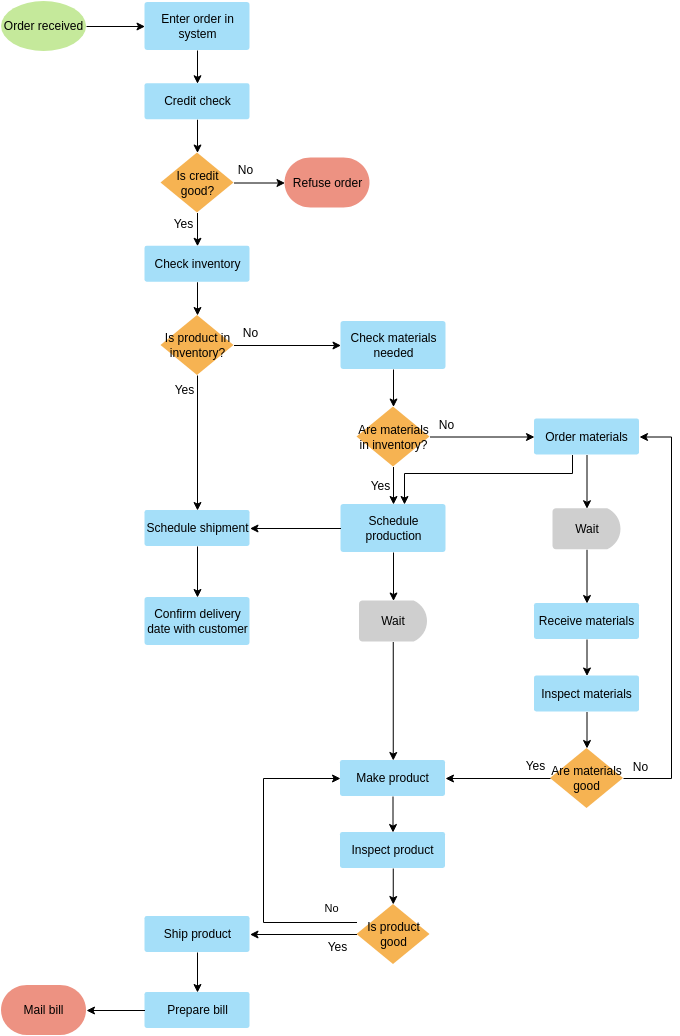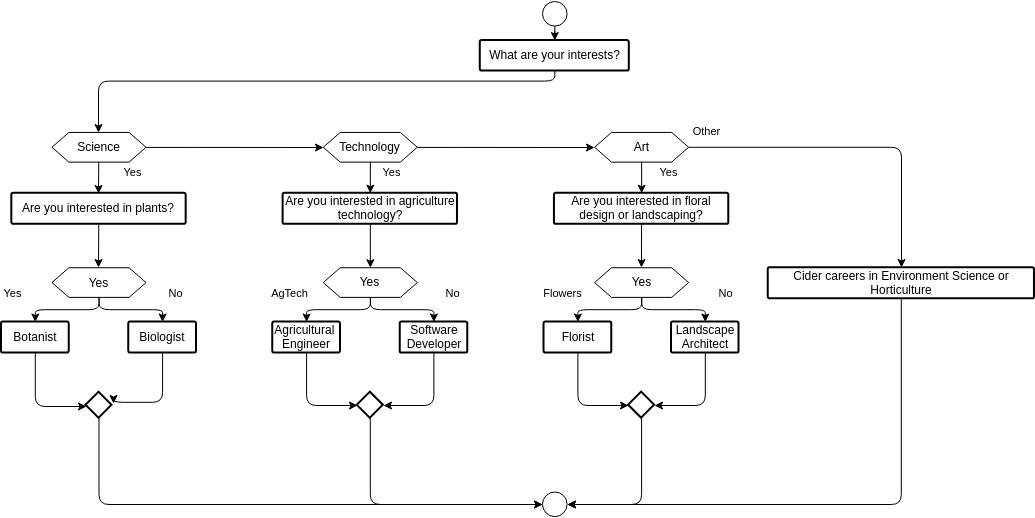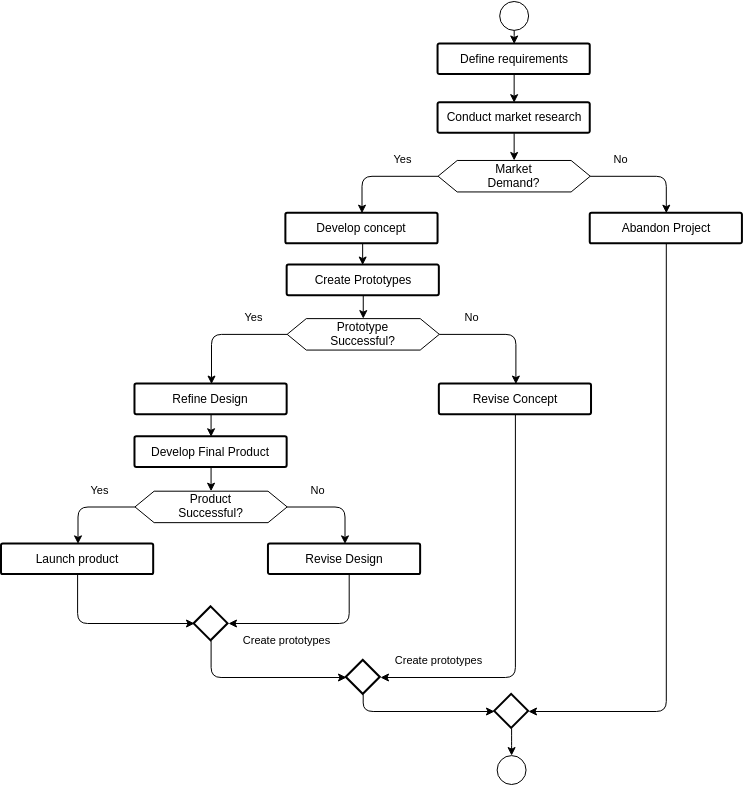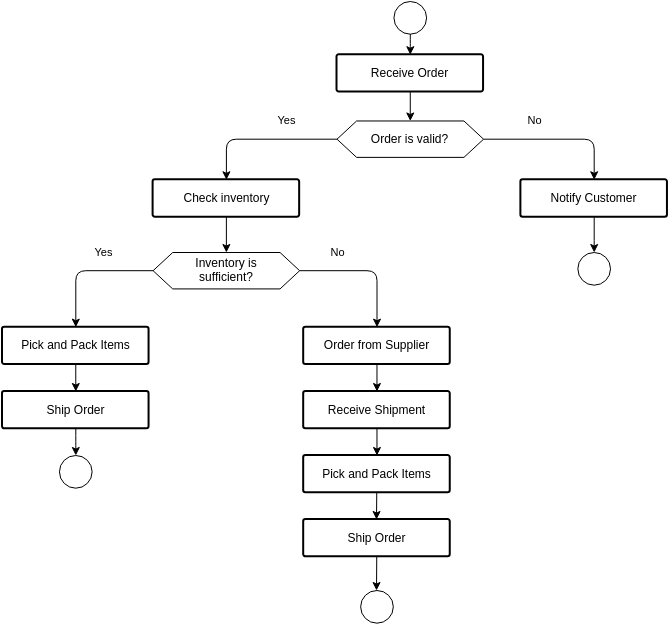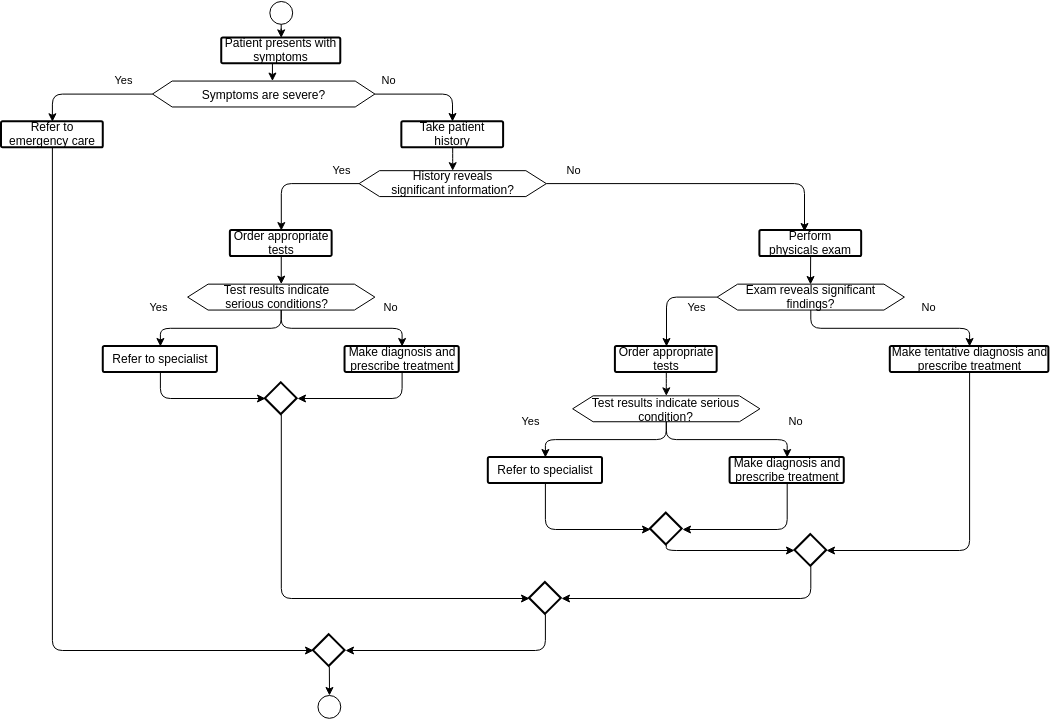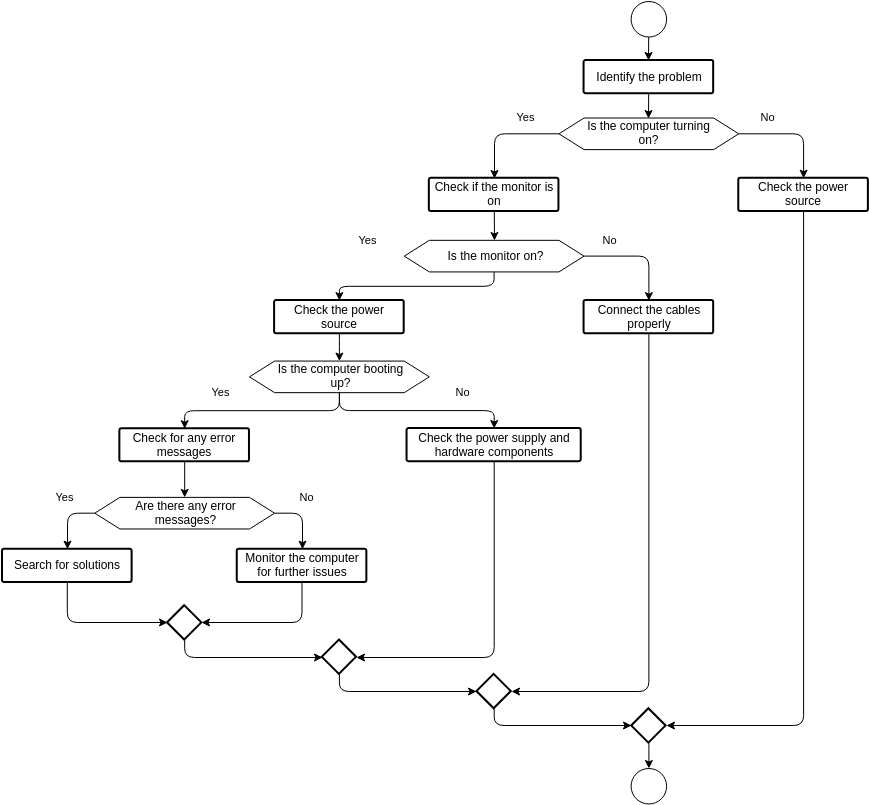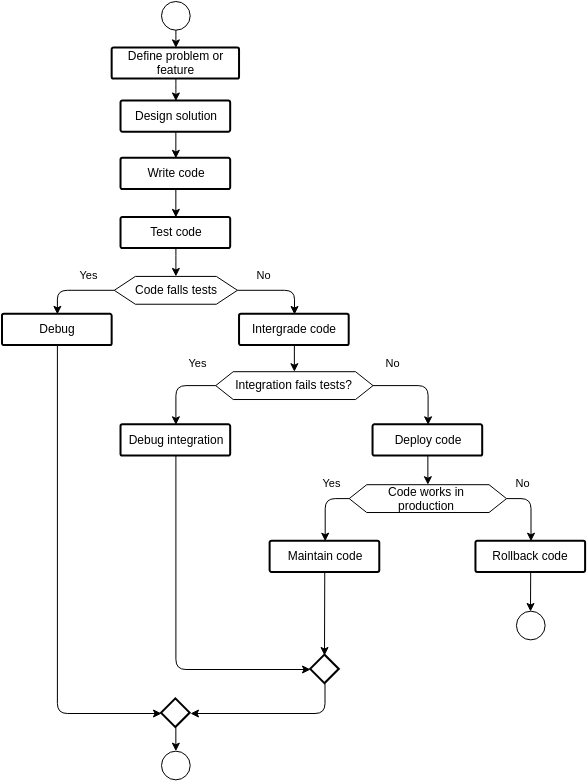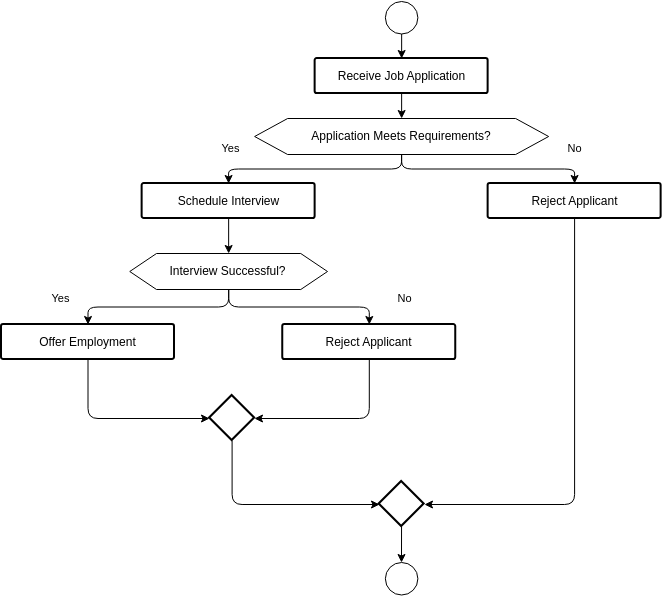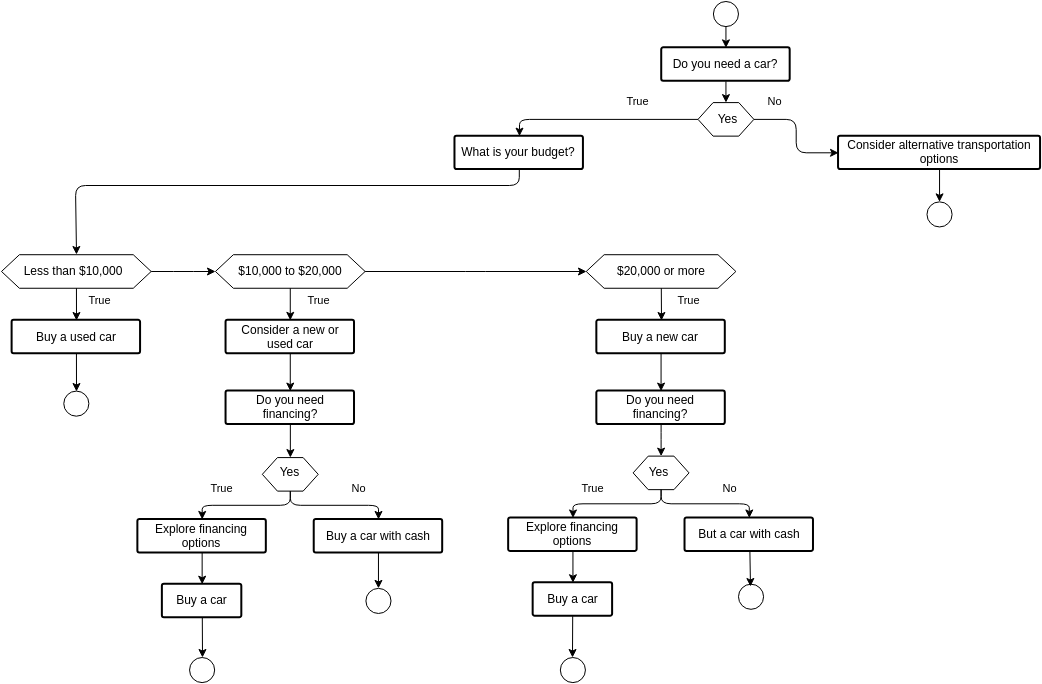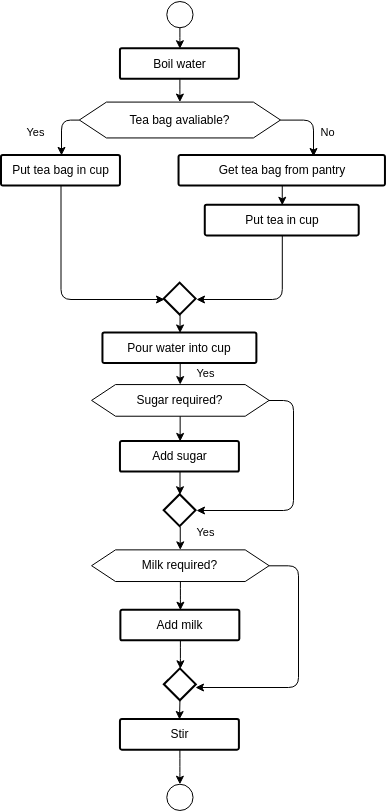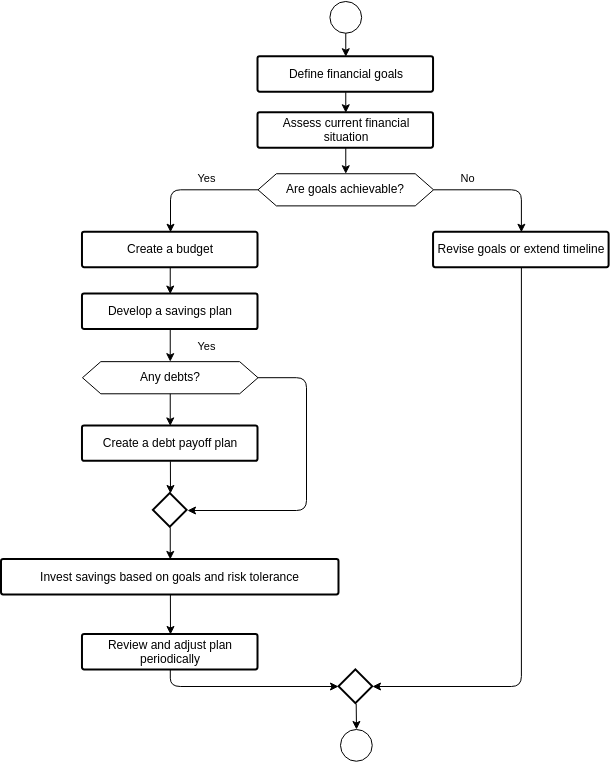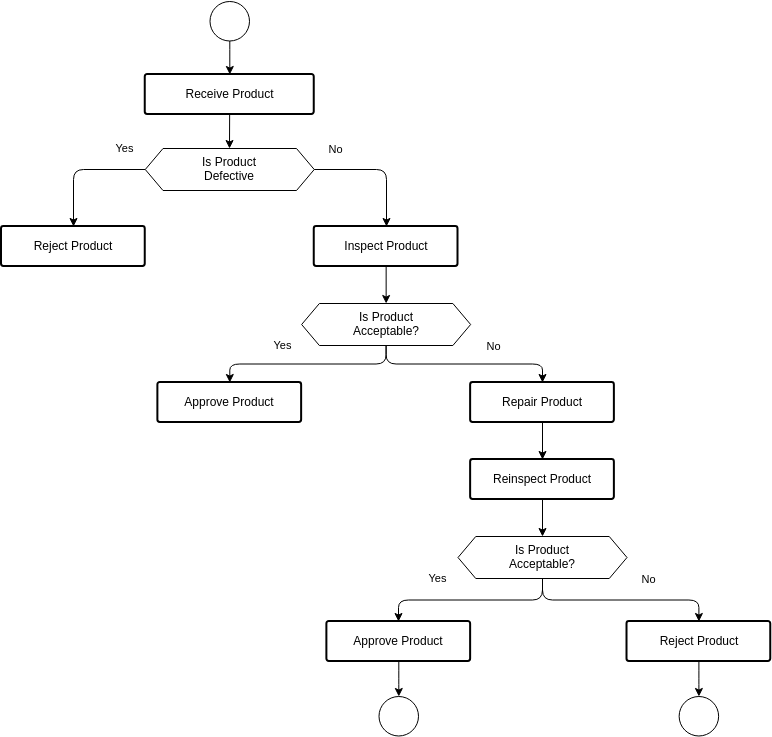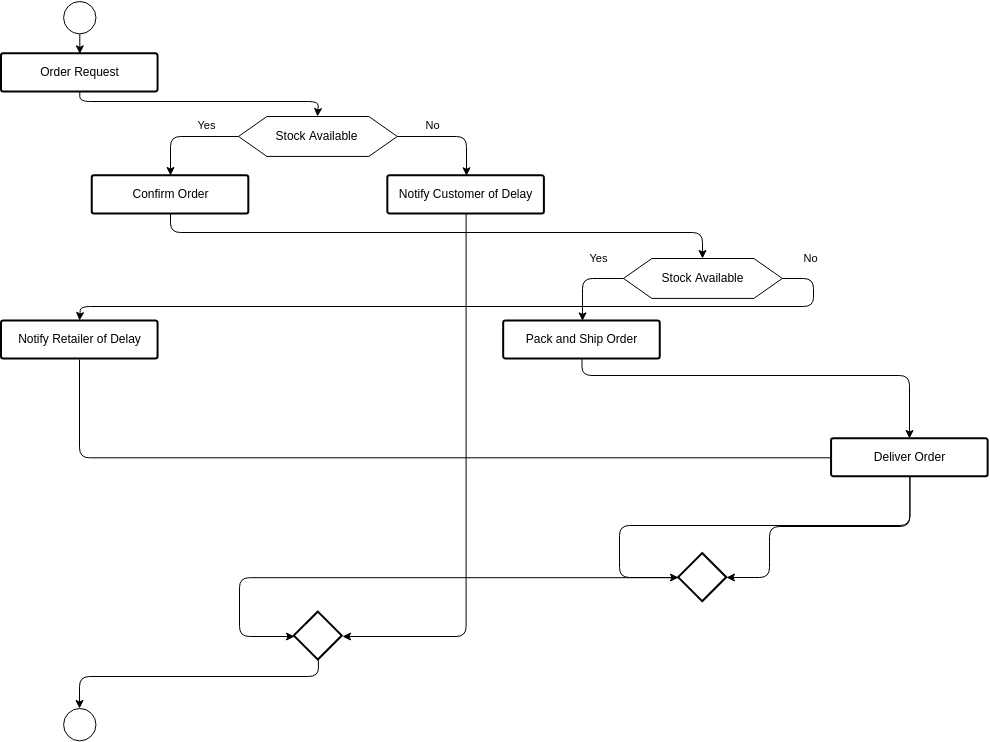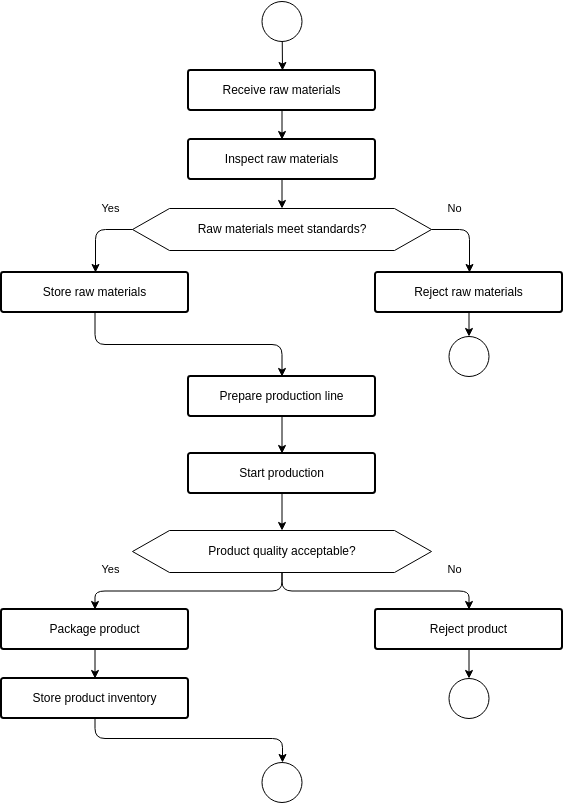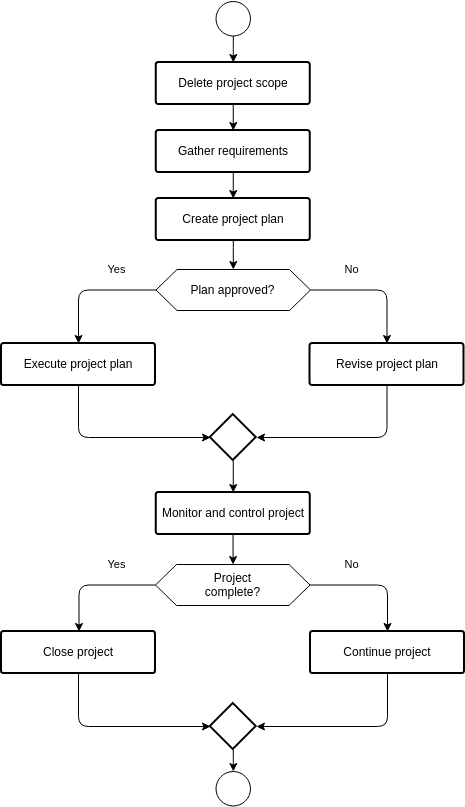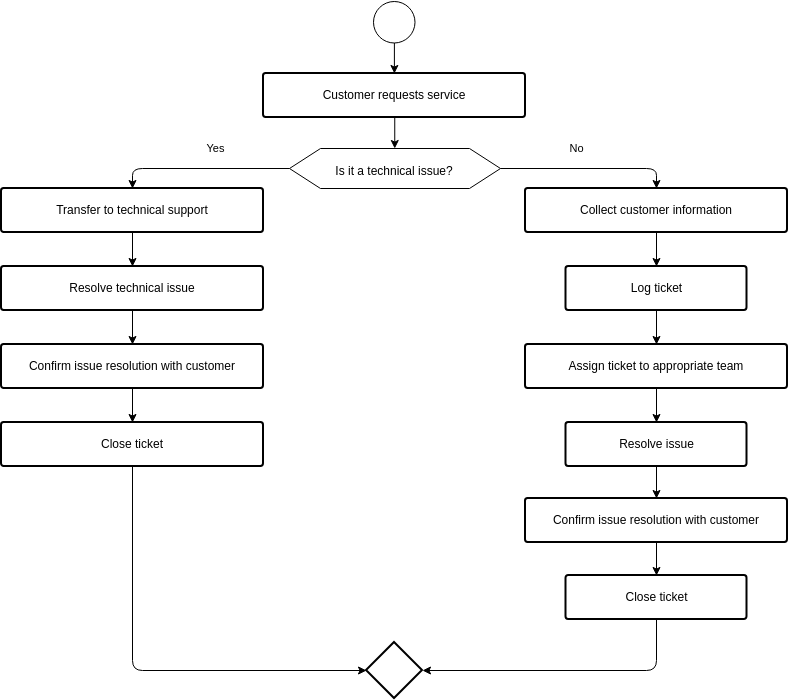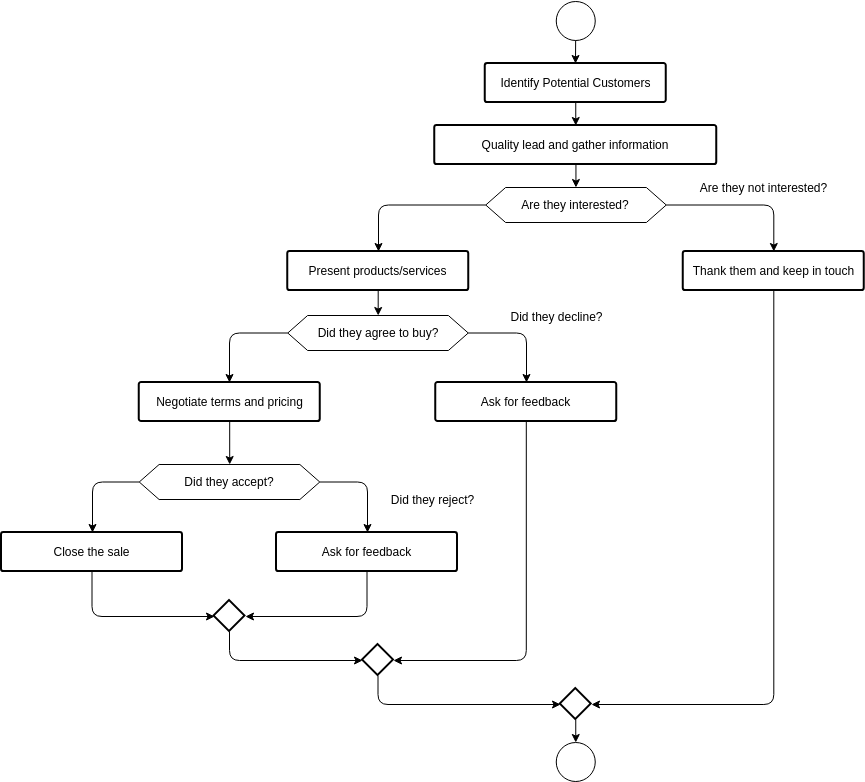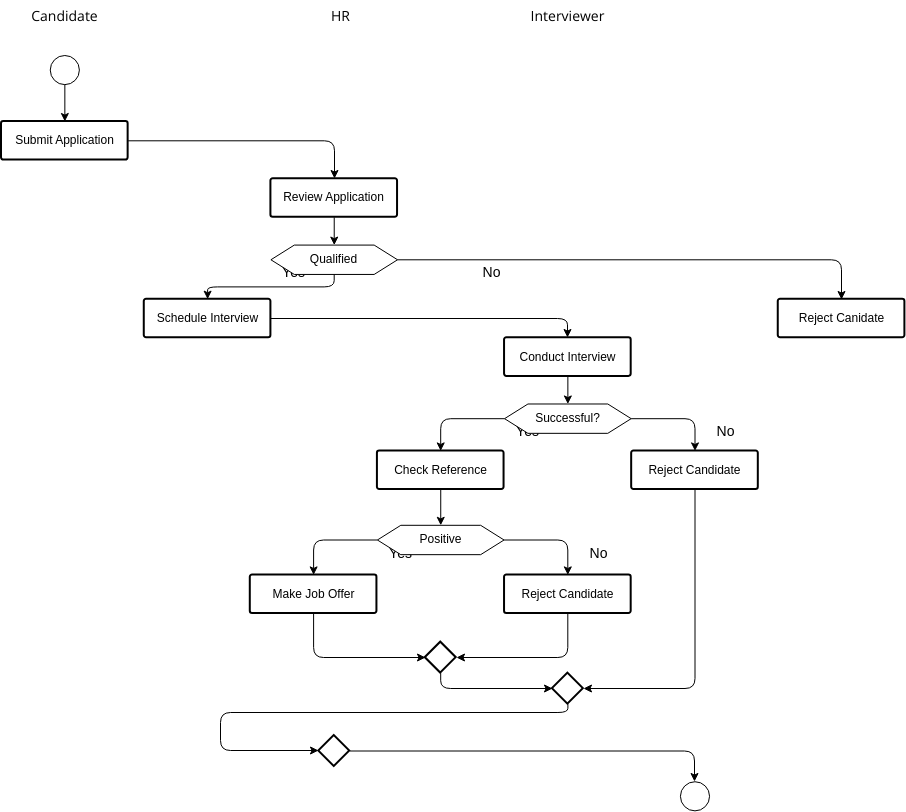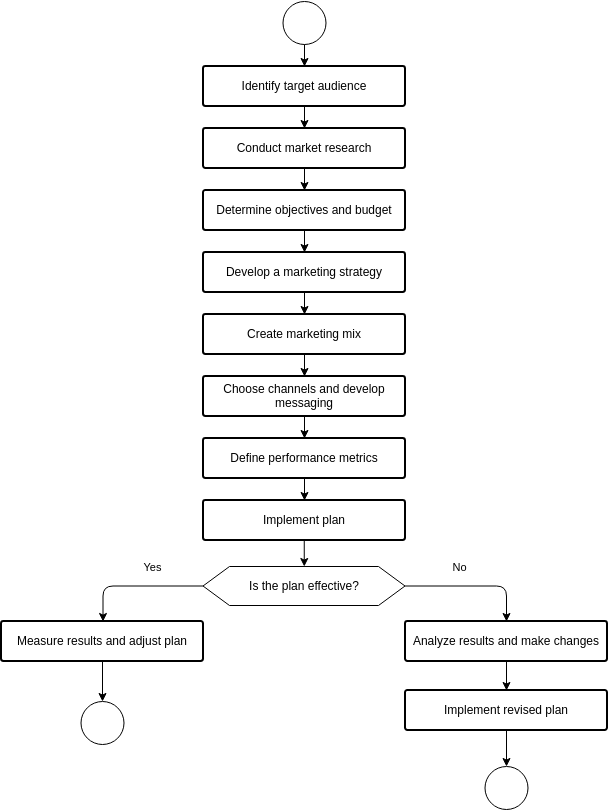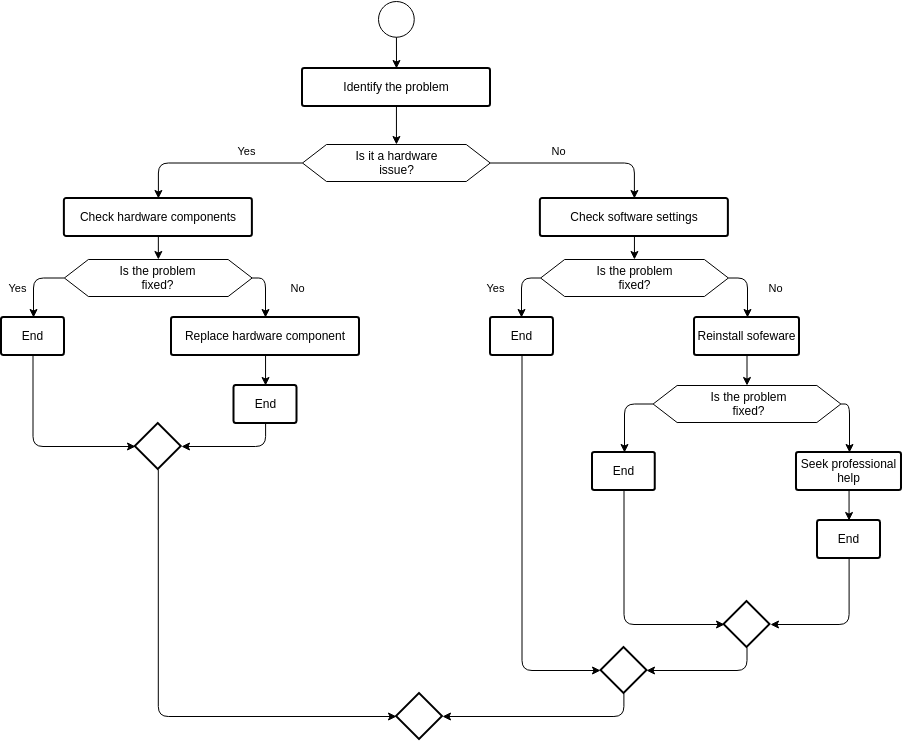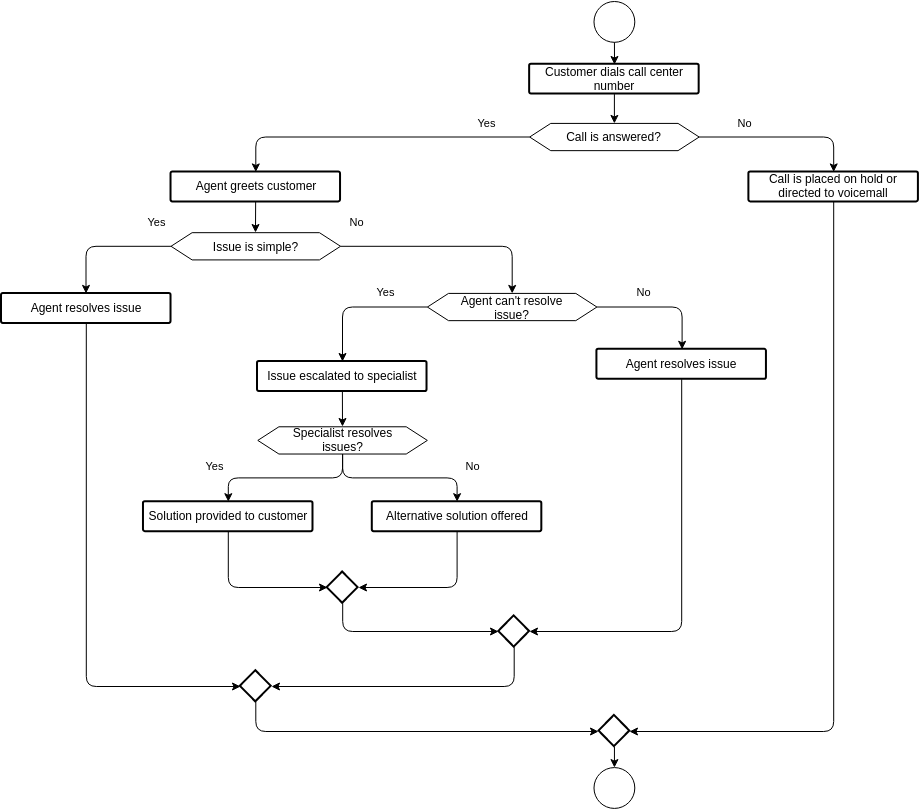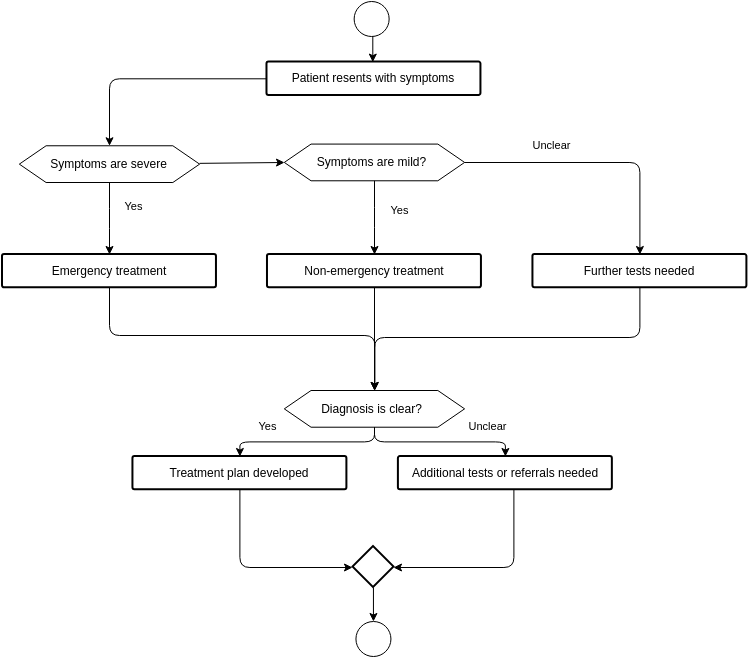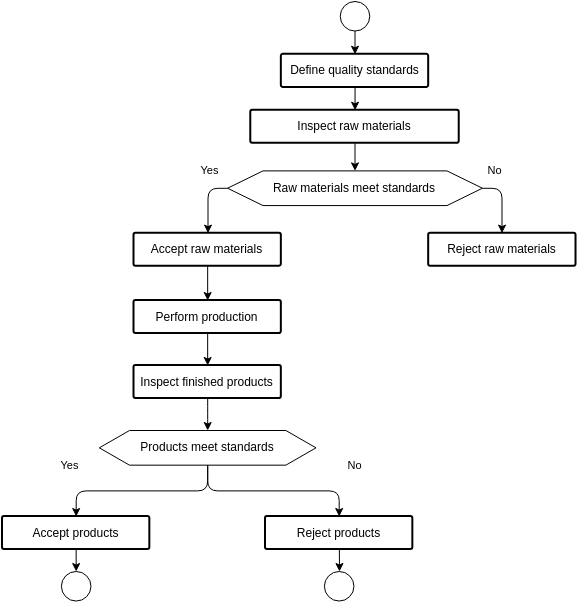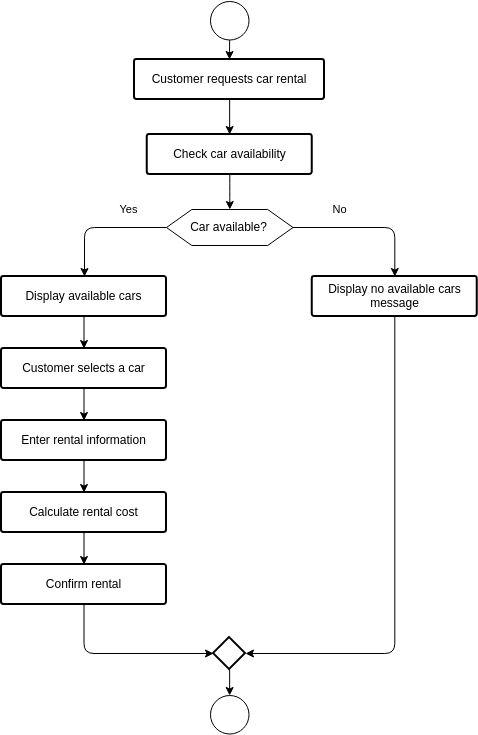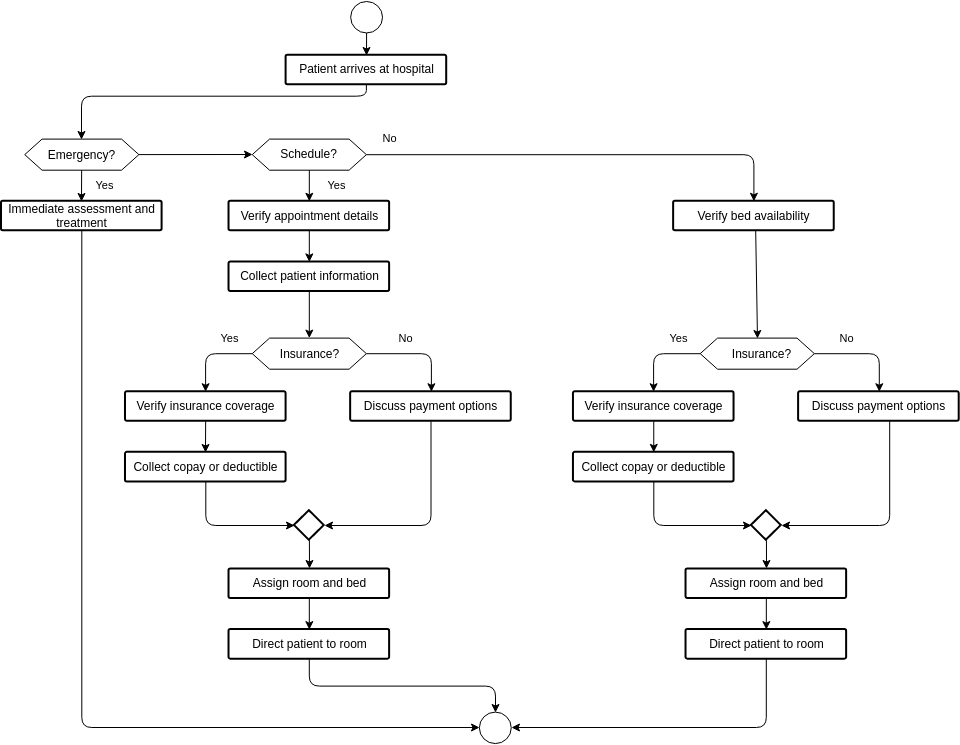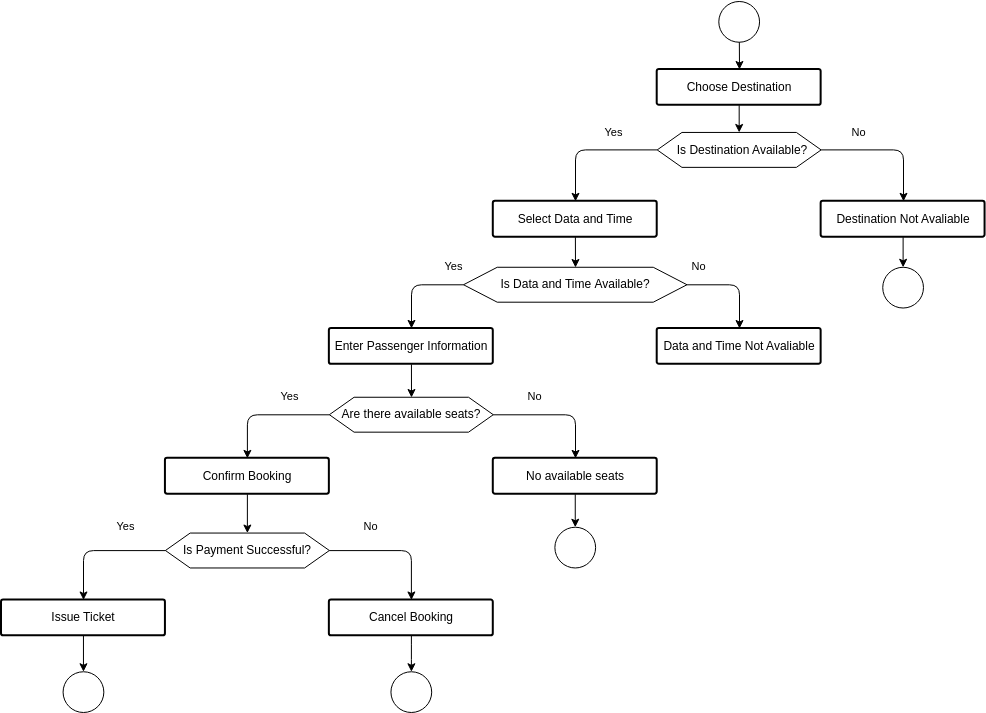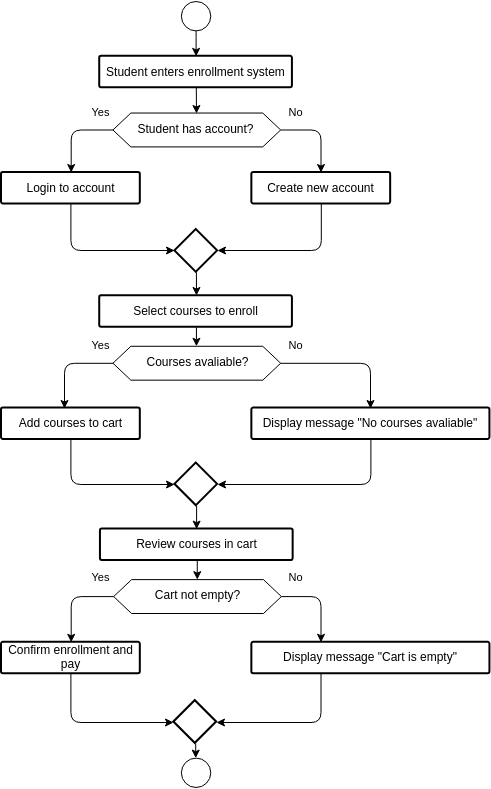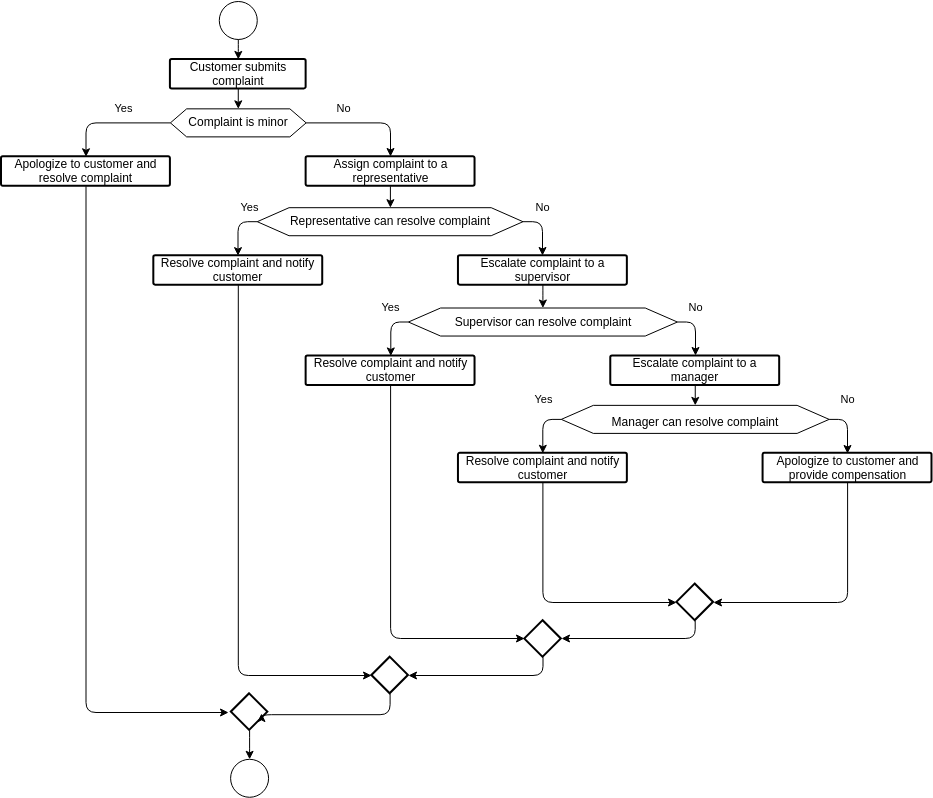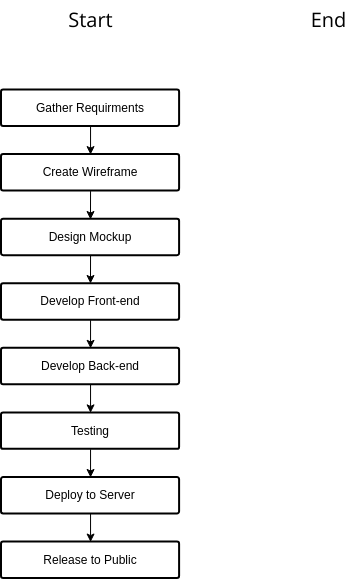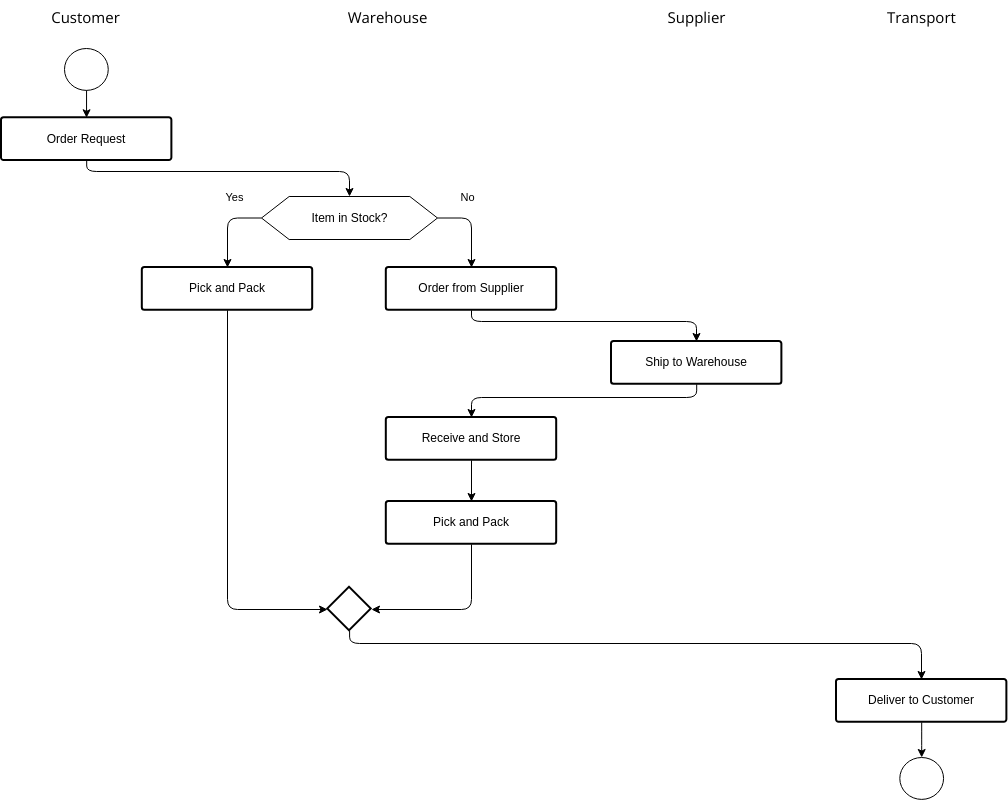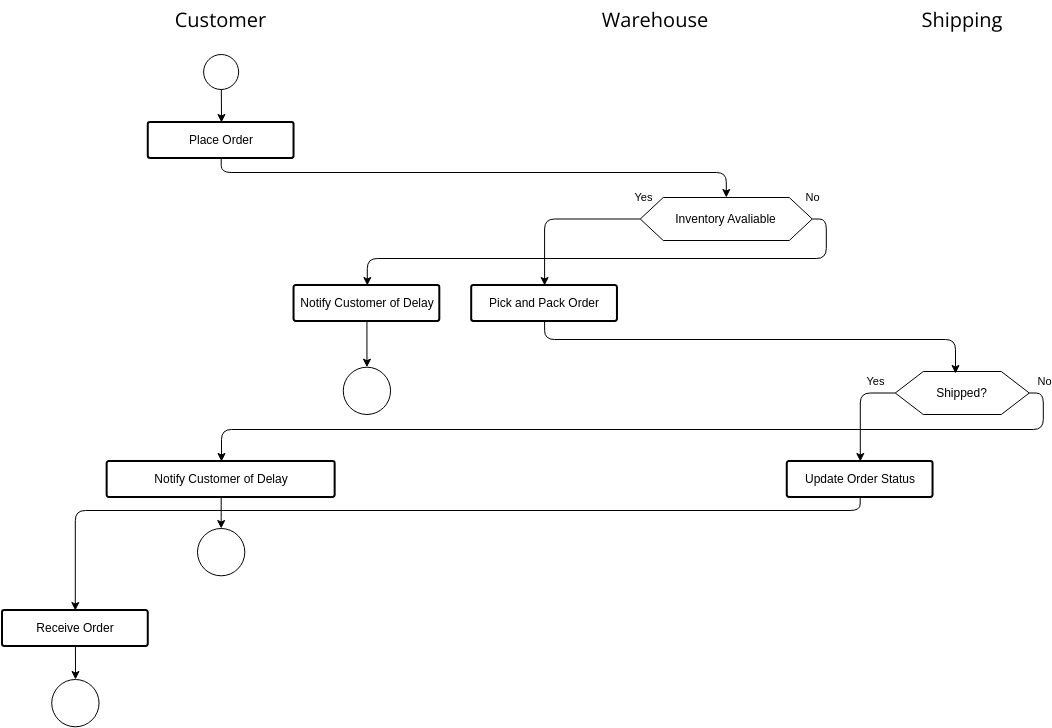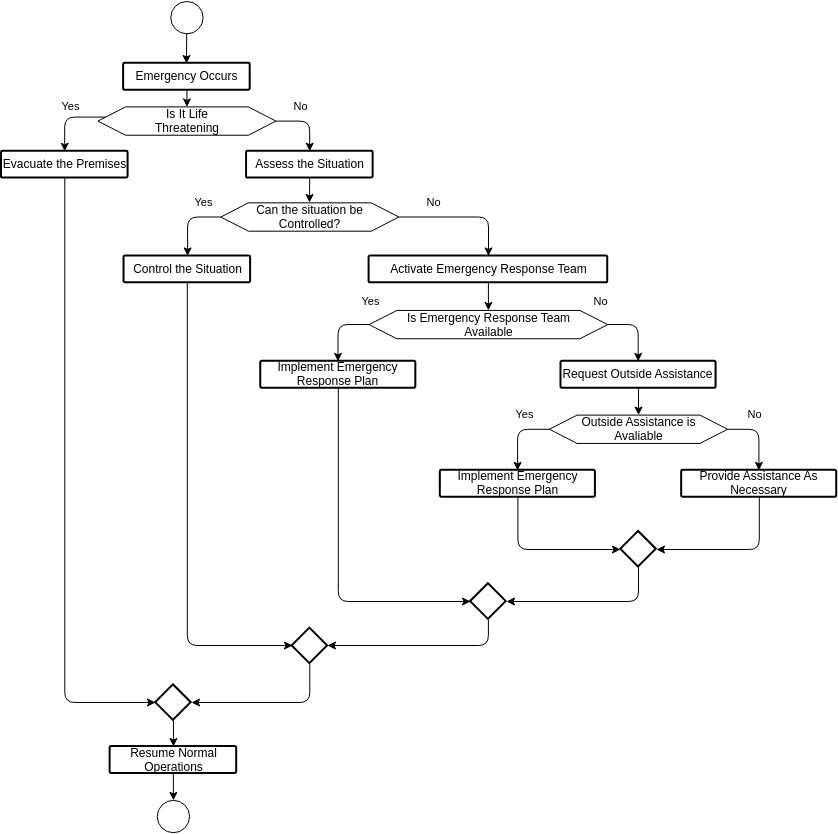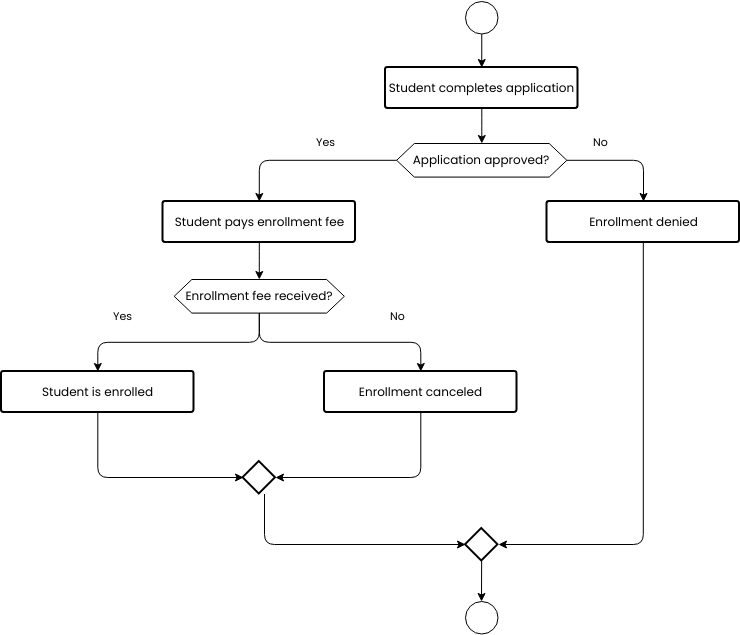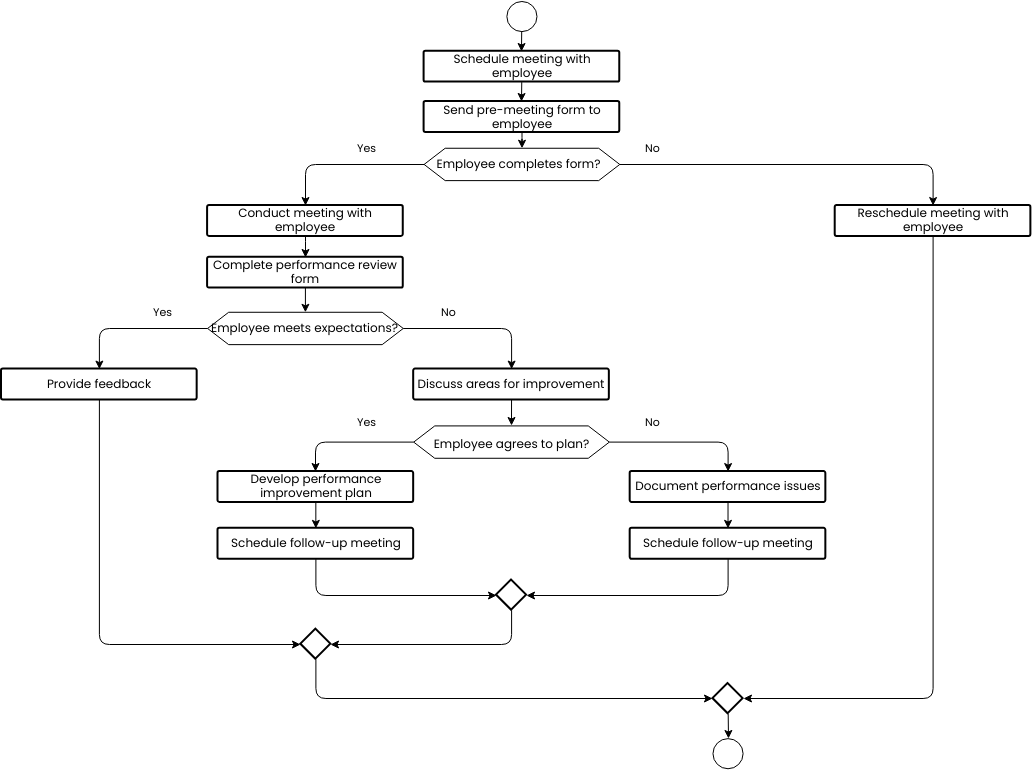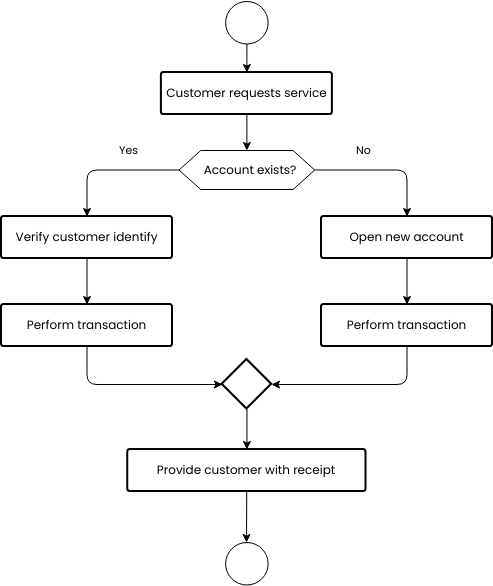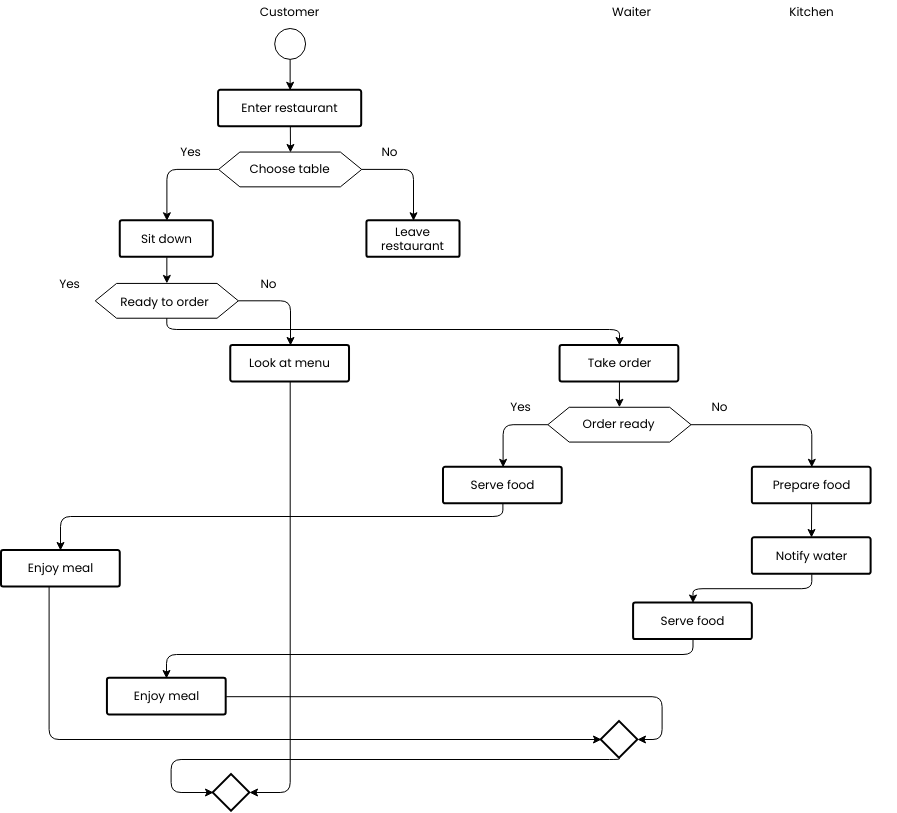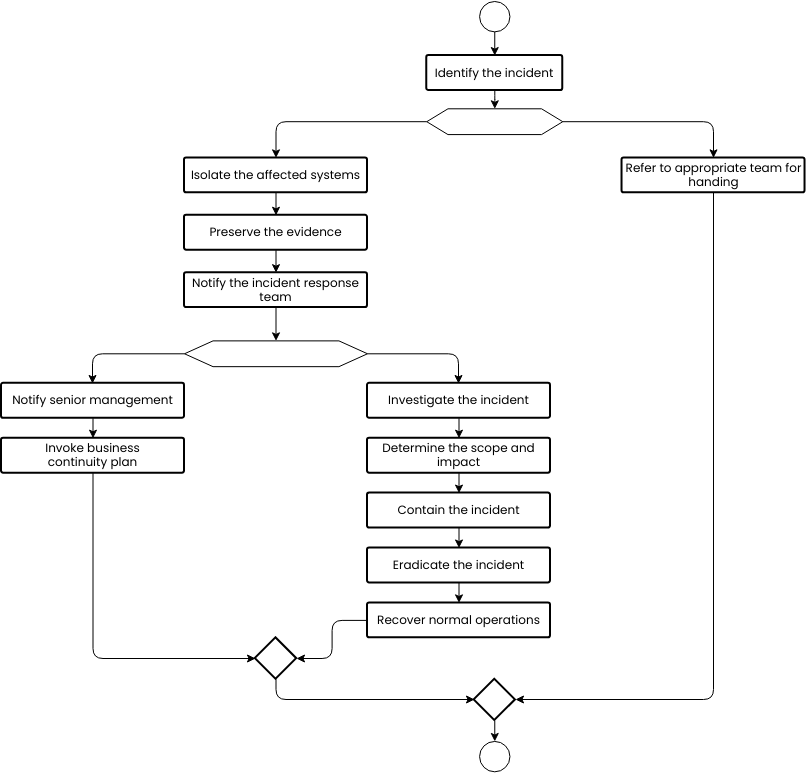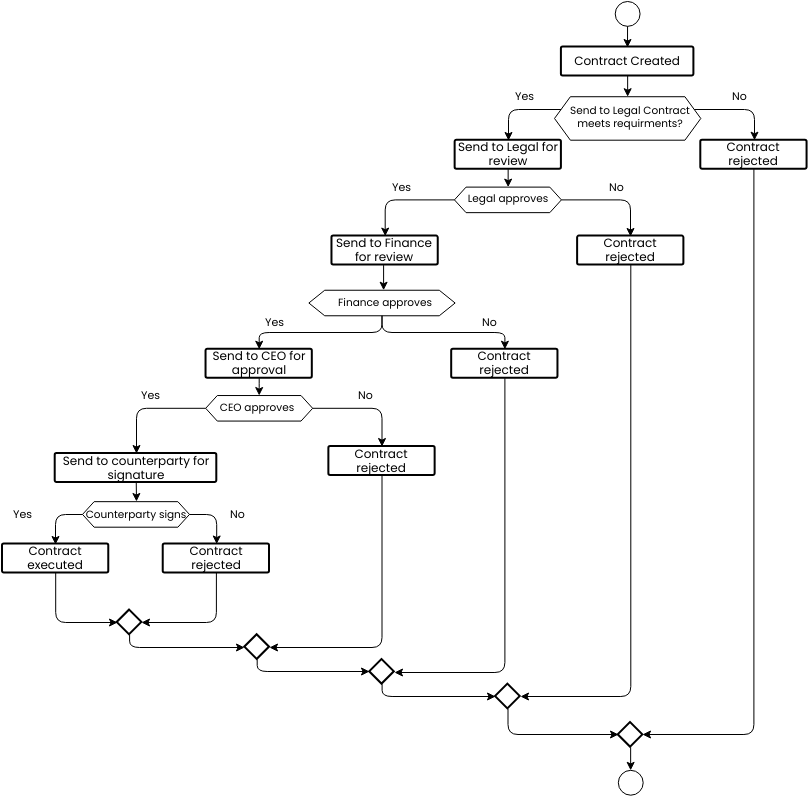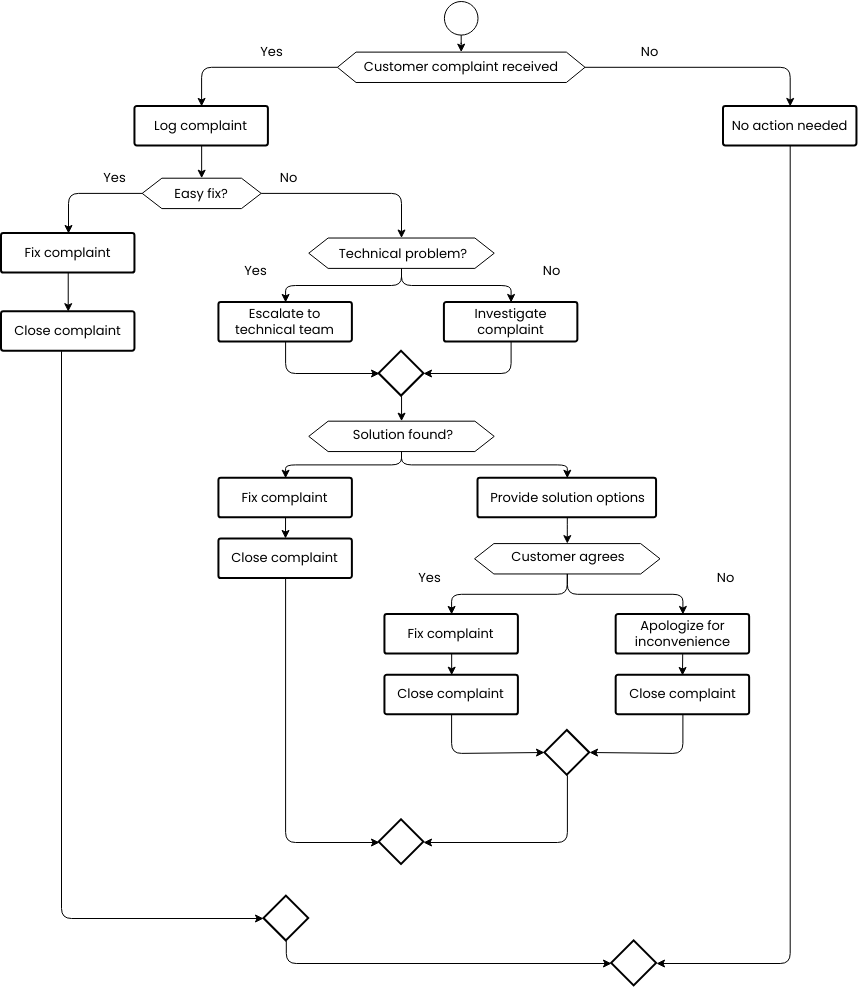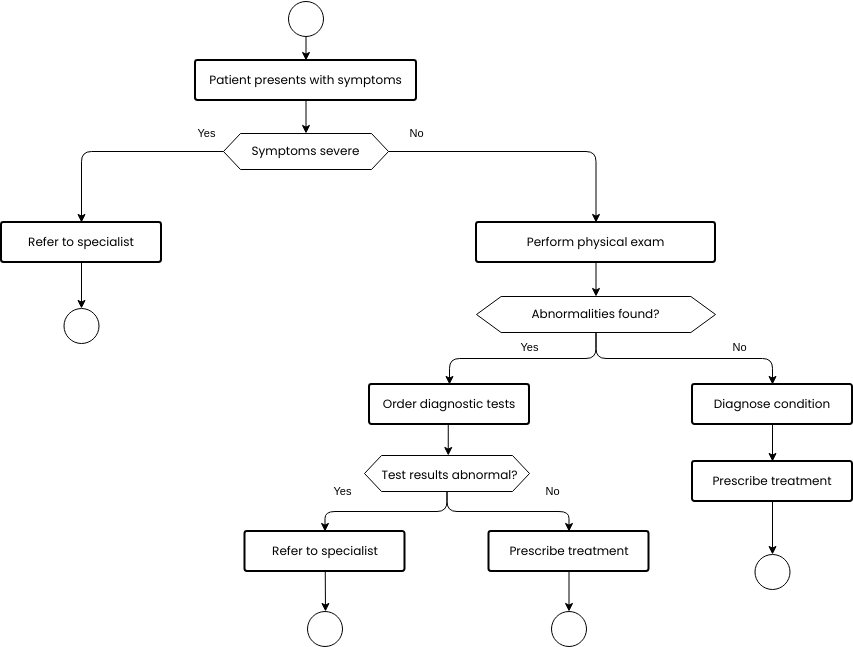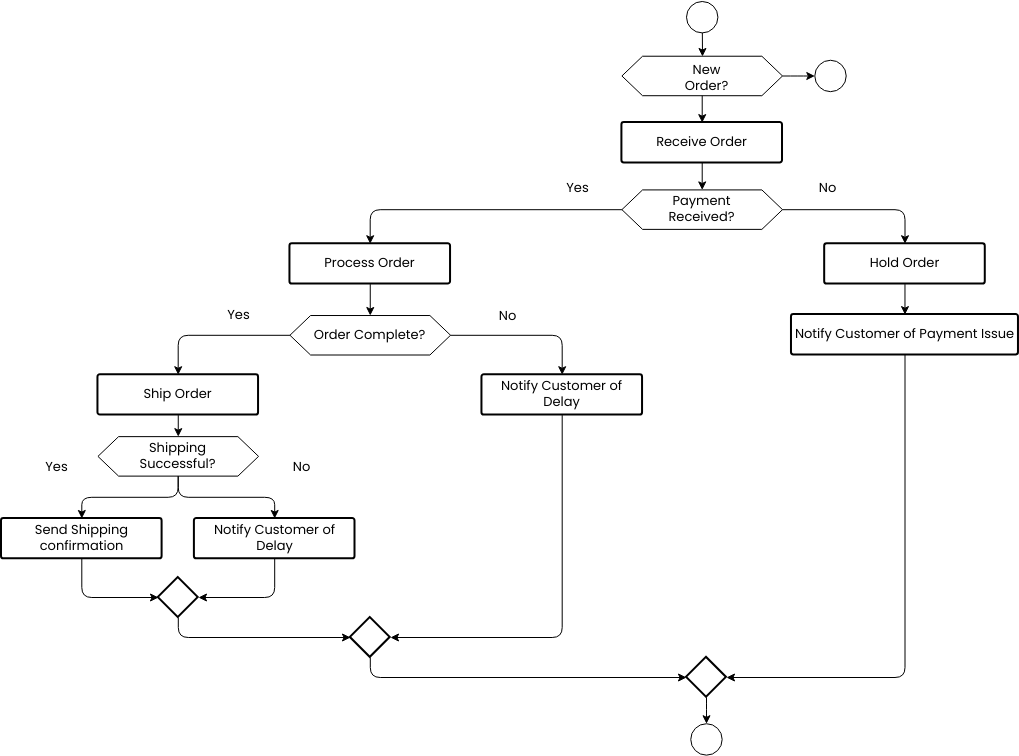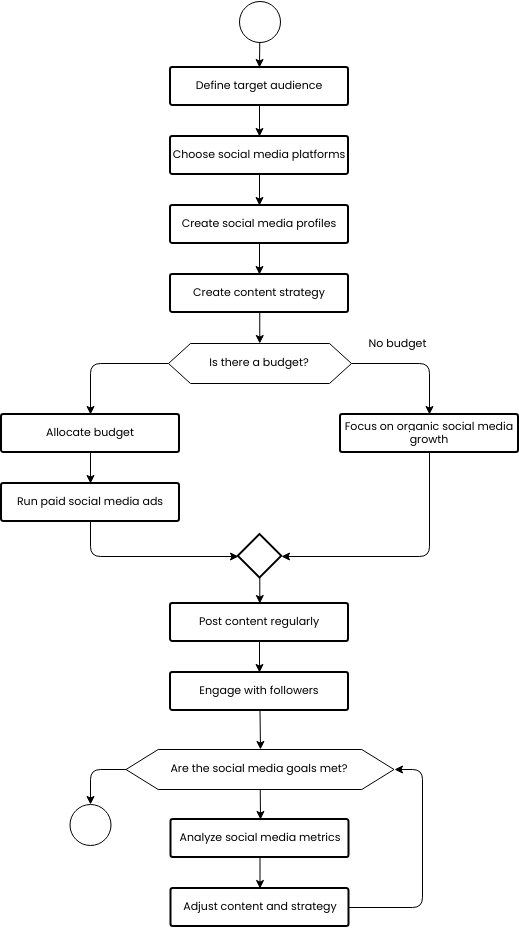HR onboarding flowchart
The HR Onboarding Flowchart outlines the steps involved in the process of introducing new hires to a company. The first step is to send a welcome email to the new hire. This email should provide the new hire with information about the company culture and any necessary details about their first day and orientation. By sending a welcome email, businesses can help new hires feel welcome and prepared for their first day on the job.
The next step in the onboarding process is to send the offer letter and new hire paperwork. This step is essential for ensuring that the new hire has all the necessary information about their job, such as salary, benefits, and start date. The new hire paperwork should include any necessary forms, such as tax forms or employment agreements. By sending the offer letter and new hire paperwork, businesses can ensure that the new hire is prepared for their first day on the job.
The third step in the onboarding process is to remind the new hire to complete the paperwork. This step is important for ensuring that all necessary forms are completed and that the new hire is ready for orientation. By reminding the new hire to complete the paperwork, businesses can ensure that the onboarding process runs smoothly and efficiently.
The fourth step in the onboarding process is to schedule orientation. This step is essential for introducing the new hire to the company and its policies and procedures. During orientation, the new hire should receive training on their job responsibilities and be introduced to their colleagues. By scheduling orientation, businesses can ensure that the new hire is properly trained and prepared for their role in the company.
The final steps in the onboarding process involve introducing the new hire to the team and assigning tasks and projects. Introducing the new hire to the team can help them feel welcome and part of the company culture. Assigning tasks and projects can help the new hire become familiar with their role in the company and start contributing to the team's goals and objectives. By introducing the new hire to the team and assigning tasks and projects, businesses can help new hires feel valued and motivated to contribute to the company's success.
Overall, the HR Onboarding Flowchart outlines the steps involved in the process of introducing new hires to a company. By sending a welcome email, sending the offer letter and new hire paperwork, reminding the new hire to complete the paperwork, scheduling orientation, introducing the new hire to the team, and assigning tasks and projects, businesses can ensure a smooth and professional onboarding process for new hires. A well-managed onboarding process can help new hires feel welcome and valued, improve their job satisfaction, and lead to increased productivity and business success.
Benefits of creating this chart
Creating an HR Onboarding Flowchart can bring several benefits to businesses. Firstly, it provides a clear and concise representation of the steps involved in introducing new hires to the company. By visualizing the onboarding process, businesses can better understand how it works and identify areas for improvement. This can help businesses optimize their onboarding process for efficiency, reduce errors, and improve consistency.
Secondly, an HR Onboarding Flowchart can help businesses improve the overall employee experience for new hires. By providing a clear and well-defined onboarding process, businesses can help new hires feel welcome and valued from the very beginning of their employment. This can result in increased job satisfaction, improved retention rates, and increased productivity. Additionally, a well-managed onboarding process can help new hires become familiar with the company culture and policies, reducing the likelihood of misunderstandings or conflicts down the line.
Are you in need of flowchart design templates? Visit Visual Paradigm Online now and explore a variety of customizable templates to choose from.
